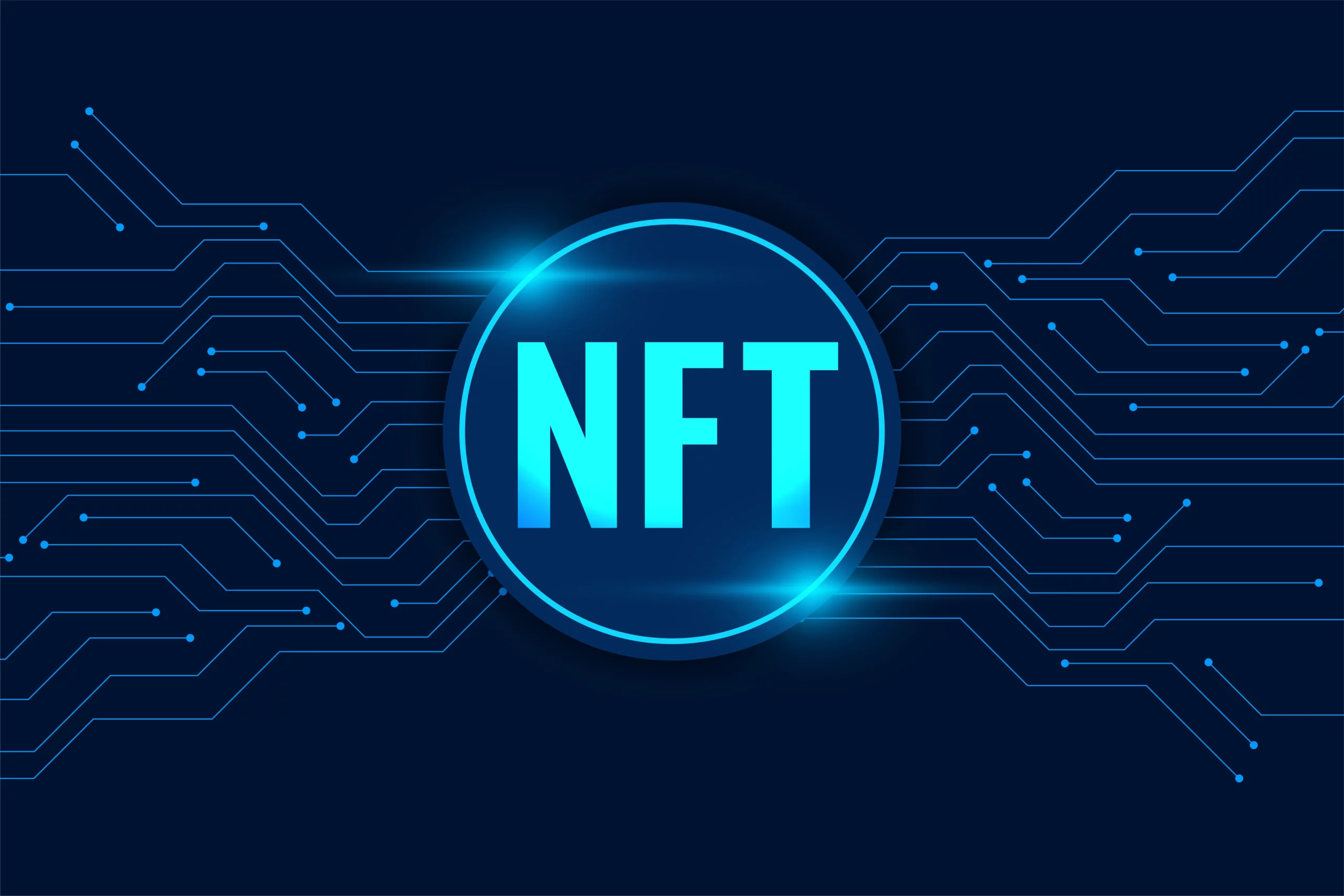May 27, 2022

Is bitcoin a non-fungible token?
Introduction
non-fungible tokens, or NFTs, are a type of cryptocurrency that cannot be exchanged for another token of the same kind. NFTs are unique and can be used to represent digital assets, impossibly with regular cryptocurrencies. Bitcoin is not a non-fungible token. While Bitcoin can be divided into smaller units (satoshis), each satoshi is identical to every other. This fungibility is a key property that makes Bitcoin useful as a currency.
NFTs, on the other hand, have been designed specifically to be non-fungible. This allows them to represent digital assets impossibly with regular cryptocurrencies. NFTs have been used to describe various digital assets, including art, music, and even virtual real estate. While there is no limit to what NFTs can be used for, they are still in the early stages of adoption, and their long-term viability remains unproven.
At this time, it is not possible to convert Bitcoin directly into an NFT. However, several platforms allow users to buy, sell, or trade NFTs using Bitcoin. Due to their unique properties, NFTs have the potential to change the way we think about digital ownership. However, it remains to be seen whether they will be able to achieve widespread adoption and become a mainstream part of the digital economy.
How are non-fungible tokens Different From Bitcoin and Other Cryptocurrencies?
Non-fungible tokens, or NFTs, are a type of cryptocurrency that cannot be exchanged for another token of the same type. NFTs are unique and can be used to represent digital assets, impossibly with regular cryptocurrencies. Bitcoin is not a non-fungible token. While Bitcoin can be divided into smaller units (satoshis), each satoshi is identical to every other. This fungibility is a key property that makes Bitcoin useful as a currency. NFTs, on the other hand, have been designed specifically to be non-fungible. This allows them to represent digital assets impossibly with regular cryptocurrencies.
NFTs have been used to represent various digital assets, including art, music, and even virtual real estate. While there is no limit to what NFTs can be used for. At this time, it is not possible to convert Bitcoin directly into an NFT. However, several platforms allow users to buy, sell, or trade NFTs using Bitcoin. Due to their unique properties, NFTs have the potential to change the way we think about digital ownership. However, it remains to be seen whether they will be able to achieve widespread adoption and become a mainstream part of the digital economy.
When evaluating non-fungible tokens, it is important to remember that they are still in the early stages of adoption, and their long-term viability remains unproven.
Conclusion:
Non-fungible tokens, or NFTs, are a type of cryptocurrency that cannot be exchanged for another token of the same kind. NFTs are unique and can be used to represent digital assets, impossibly with regular cryptocurrencies. Bitcoin is not a non-fungible token. While Bitcoin can be divided into smaller units (satoshis), each satoshi is identical to every other. This fungibility is a key property that makes Bitcoin useful as a currency. NFTs, on the other hand, have been designed specifically to be non-fungible. This allows them to represent digital assets impossibly with regular cryptocurrencies.
Do you like reading our blogs?
To read more blogs, click here.
Best
Discover the best practices of building best product experience from millions of ready-made product graphs or build one yourself.

Intelligent
In-depth intelligence of products in the form of product stories help in achieving quality, automation and efficiency in new and existing product implementations.

Augmented
Improve and augment end to end product selection, development, integration, and operation with detailed information and AI copilots.






